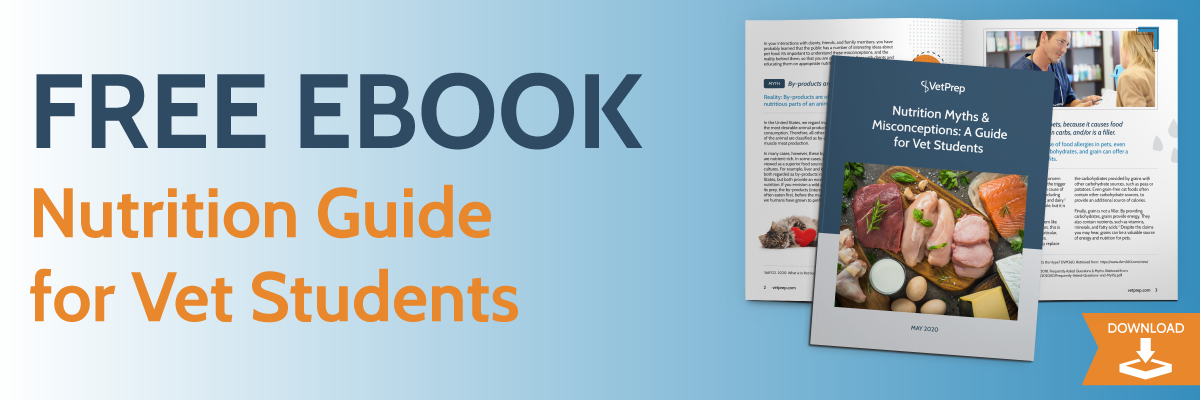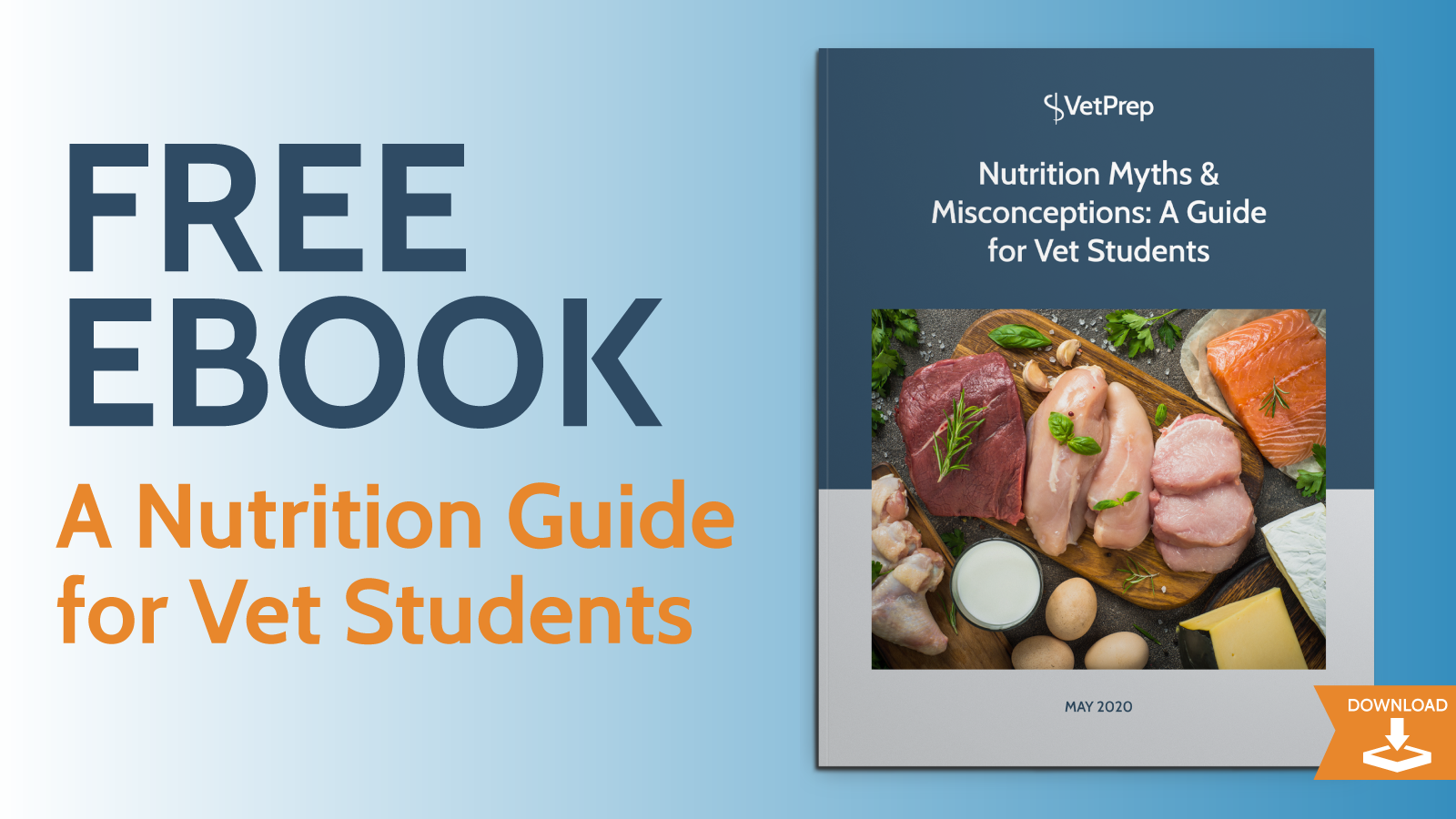
In 2018, veterinary cardiologists began to observe and report an increased incidence of dilated cardiomyopathy (DCM) in breeds not normally predisposed to that condition.
On July 12, 2018, the US Food and Drug Administration (FDA) issued a press release stating that they were formally investigating a connection between “pet foods containing peas, lentils, other legume seeds, or potatoes as main ingredients” and dilated cardiomyopathy DCM in dogs.1
After this initial report, cardiologists continued reporting suspected cases of diet-associated DCM to the FDA and the investigation continued. Through this research, it was found that there appear to be two unique subsets of diet-associated DCM. Some dogs, especially Golden Retrievers, develop taurine deficiency-associated DCM, which resolves with taurine supplementation. Other dogs, however, develop diet-associated DCM via another mechanism. These dogs do not improve with taurine supplementation. The cause of DCM in these dogs has not yet been identified, but is thought to involve other nutrient deficiencies (or decreased bioavailability), cardiac toxins, or other unknown metabolic factors.2
A study published in early 2019 examined dogs with DCM to determine if there was a difference in echocardiographic findings between dogs eating a grain-free diet and dogs eating a grain-based diet. In this study, it was observed that diastolic left ventricular size was greater in dogs eating grain-free foods than in dogs eating a grain-based food.3 Although this did not provide any evidence regarding the etiology of diet-associated DCM, it did lend credibility to the suspicion that dietary factors were at play.
The latest FDA report, issued June 27, 2019, provided a more comprehensive analysis of observed cases.4 This report examined 560 cases of canine DCM that were suspected to be diet-associated. Golden Retrievers accounted for approximately 17% of reported cases, while other cases were reported across a wide variety of dog breeds. A large number of pet food manufacturers were listed in the report, however, there were 16 different food brands that were thought to be accountable for 10 or more cases each. Although the animal protein sources in the implicated foods varied widely, it was observed that 91% of the involved foods were grain-free, 93% contained peas and/or lentils, and 42% contained potatoes or sweet potatoes. This information suggests that some factor associated with the absence of grain and/or the presence of legumes is responsible for dietary-associated DCM.
As you begin clinical rotations and/or your first job, you are likely to encounter clients feeding grain-free foods or foods containing exotic ingredients. Some of these clients may ask you about DCM risk, while sometimes you may be the one who expresses a concern to the owner. Regardless of how the topic comes up, it is important to be prepared to answer client questions.
Here are the diet-associated DCM questions that I hear most commonly from clients:
I heard that there weren’t many reported cases. Doesn’t that mean this is a very rare problem?
While the FDA report only included around 500 cases, most veterinarians and cardiologists don’t report all of their cases to the FDA.5 Therefore, cardiologists think that this condition has probably affected a lot more than just 500 dogs. We don’t know how many, unfortunately, but it is likely more common than we think.
Are grain-free foods the only foods that cause diet-associated DCM?
Although most foods identified in the FDA study were grain-free, some grain-containing foods were also suspected to cause DCM. Simply avoiding grain-free foods may not be sufficient to prevent diet-associated DCM.
How do I know which foods to avoid?
Unfortunately, we don't know exactly what food characteristics contribute to diet-associated DCM. What we do know is that cases are more common in dogs eating grain-free diets or diets containing exotic ingredients, such as legumes. At this point, it’s too early to say which foods are “safe” and which are not, but it may be best to avoid grain-free foods and foods that contain legumes. While the risk of developing diet-associated DCM likely depends on a combination of food, genetics, and other factors, the best way to minimize this risk is to stick with conventional foods produced by a reputable manufacturer.
Are grain-free foods safe if I supplement taurine?
It is true that some cases of diet-associated DCM are caused by taurine deficiency, but this is typically seen only in Golden Retrievers. Most other breeds have normal taurine levels when diagnosed with diet-associated DCM and they do not show improvement with taurine supplementation. Therefore, taurine supplementation alone will not prevent diet-associated DCM in these dogs.
My friend’s/neighbor’s/grandma’s dog had DCM and never ate grain-free food. Doesn’t that prove the food isn’t causing it?
DCM is a heart condition that we have diagnosed and treated for many years. Typically, this condition has an underlying genetic component and is seen in Dobermans, Great Danes, and Irish Wolfhounds. Other breeds can also develop DCM, due to other underlying causes, but this is relatively uncommon. When cardiologists began seeing large numbers of cases in unexpected breeds, they became concerned; the major commonality between these cases appears to be the consumption of grain-free or legume-containing diets.
Until we have a better understanding of this issue, your best option is to educate your clients. Clients who strongly believe in the benefits of grain-free or legume-containing foods may continue to feed them, while clients who are less committed to those diets may opt for a different food until more is learned. Providing information will allow your clients to make an informed decision based on their own, individual risk:benefit assessment.
References
- FDA. 2018. FDA Investing Possible Connection Between Diet and Cases of Canine Heart Disease. Retrieved from https://www.fda.gov/animal-veterinary/cvm-updates/fda-investigating-potential-connection-between-diet-and-cases-canine-heart-disease
- Freeman L, et al. 2018. Diet-associated dilated cardiomyopathy in dogs: what do we know? Journal of the American Veterinary Medical Association. 253(11):1390-1394. Retrieved from https://avmajournals.avma.org/doi/pdf/10.2460/javma.253.11.1390
- Adin D, et al. 2019. Echocardiographic phenotype of canine dilated cardiomyopathy differs based on diet type. Journal of Veterinary Cardiology. 21:1-9. Retrieved from https://www.sciencedirect.com/science/article/abs/pii/S1760273418300882
- FDA. 2018. FDA Investigation into Potential Link between Certain Diets and Canine Dilated Cardiomyopathy. Retrieved from https://www.fda.gov/animal-veterinary/outbreaks-and-advisories/fda-investigation-potential-link-between-certain-diets-and-canine-dilated-cardiomyopathy
- Freeman L. 2019. Diet-Associated Dilated Cardiomyopathy (DCM): Update, July 2019. Tufts University Clinical Nutrition Service. Retrieved from https://vetnutrition.tufts.edu/2019/07/dcmupdate/



